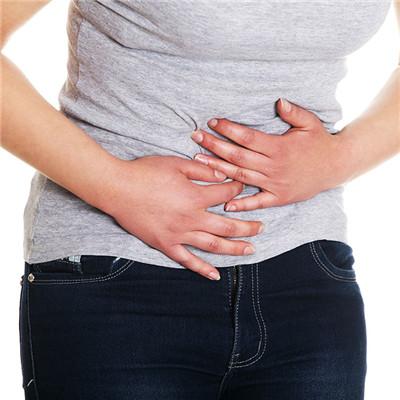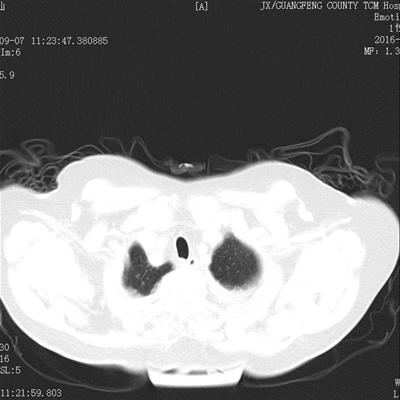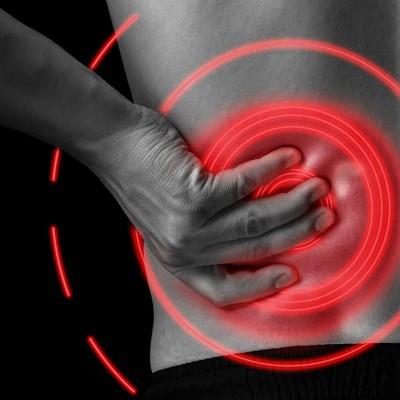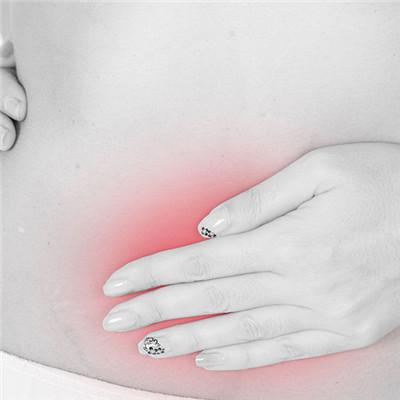Symptoms of hernia
summary
Hernia means that an organ or tissue in the human body leaves its normal anatomical position and enters another part through congenital or acquired weak points, defects or pores. The common hernias are umbilical hernia, direct inguinal hernia, indirect inguinal hernia, incisional hernia, recurrent hernia, white line hernia, femoral hernia, etc. Symptoms of hernia? Let's talk about it
Symptoms of hernia
Inguinal hernia is more common in clinic. The mass can be seen or felt in the inguinal area and can be recovered after lying on the back. Most of the babies were found by mothers when changing diapers, and more by older children when bathing.

The predisposing factors of the mass are increased abdominal pressure, such as crying, coughing, defecation, urination and so on. Older children can be made to stand, abdominal force can also induce mass in the groin area, some will reach the scrotum or labia.

The mass is formed by the prolapse of organs from the abdominal cavity to the hernia bag. Most of the prolapsed organs are small intestine, so it feels soft to the touch. Others such as the large intestine, appendix, greater omentum may also prolapse. In women, ovarian prolapse is more common, so it is often felt as big as thumb, hard and most of them have tenderness. Some children will have constipation, loss of appetite and other phenomena, can show easy to cry, restlessness and so on.

matters needing attention
Although the early symptoms of hernia have little effect on people, if you don't treat it all the time and feel that hernia will recover by itself, then you are very wrong. In the late stage of hernia, it will bring difficulties to the treatment, so I hope that once you find hernia symptoms, you should seize the time to treat them.










